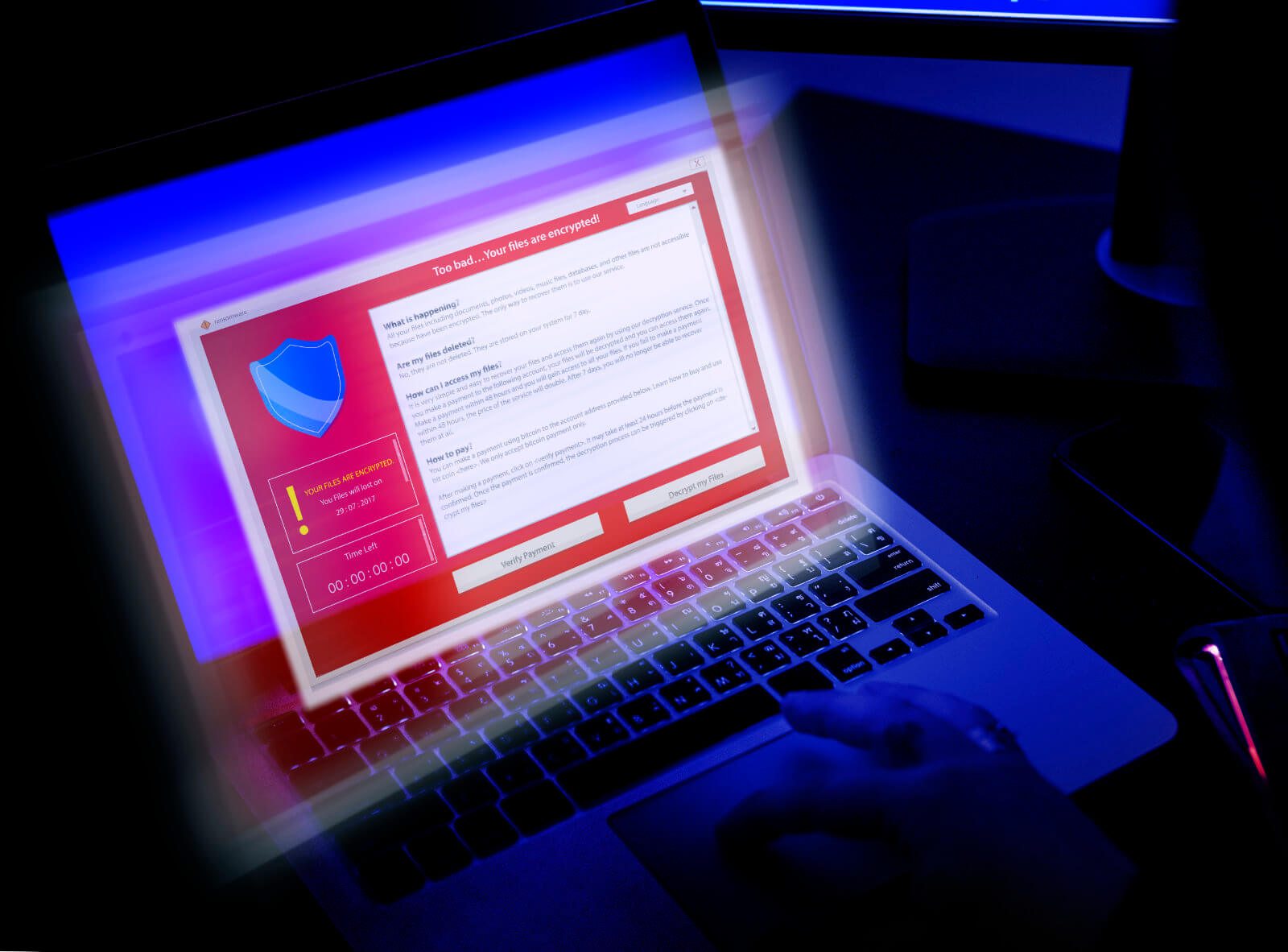Introduction
Cybersecurity is a critical aspect of our digital lives, and as your trusted telecom regulator, we are dedicated to helping you stay safe in the ever-evolving digital landscape. The rise of technology has brought about many benefits, but it has also given rise to various forms of cybercrime that can affect individuals and communities alike. This page is designed to inform you about the types of cybercrime, provide essential tips to protect yourself and your community, and educate you on the risks and pitfalls you should avoid.
Types of cybercrimes
1. Phishing
Phishing attacks involve tricking individuals into revealing personal or sensitive information, usually through fraudulent emails or websites. These scams can appear as legitimate requests from trusted organizations, so always verify the source before sharing any personal information.
2. Ransomware
Ransomware attacks lock you out of your own devices or data until a ransom is paid to the cybercriminals. Protect your data by regularly backing it up and keeping your software up to date to minimize vulnerabilities.
3. Identity Theft
Cybercriminals can steal your personal information to commit fraud, apply for loans, or engage in criminal activities. Protect your identity by using strong, unique passwords and enabling two-factor authentication where possible.
4. Malware
Malicious software can infect your devices and steal your data or disrupt your operations. Be cautious of suspicious downloads, email attachments, and links from unknown sources.
5. Social Engineering
Social engineering is a deceptive technique used by cybercriminals to manipulate individuals into revealing sensitive information. They often use psychological manipulation to trick you. Be cautious when someone:— Asks for personal or financial information via email or phone calls.
— Pretends to be a trusted entity to gain your trust.
— Urges you to take immediate action or make hasty decisions.

Tips on how to protect yourself
1. Use strong passwords:
Create complex, unique passwords for your accounts and change them regularly.
2. Enable Two-Factor Authentication (2FA):
Turn on 2FA wherever possible for an extra layer of security.
3. Keep software updated:
Regularly update your operating systems and software to patch vulnerabilities.
4. Back up your data:
Create backups of important data to prevent data loss in case of a cyberattack.
5. Be cautious with emails:
Verify the sender's authenticity before clicking on links or downloading attachments in emails.
6. Use reputable security software:
Install reputable antivirus and anti-malware software to protect your devices.
7. Educate yourself:
Stay informed about the latest cyber threats and scams to recognize and avoid them.
Risks to watch out for
Cybercrimes can have severe consequences, including financial loss, identity theft, emotional distress, and damage to your reputation. By taking proactive measures to protect yourself and your community, you can significantly reduce these risks.What not to do:
— Do not share personal information:
Avoid sharing sensitive personal or financial details with anyone you don't trust completely.
— Do not click on suspicious links:
Be wary of unsolicited emails or messages with dubious links.
— Do not download from untrusted sources:
Only download software and apps from reputable websites.
— Do not trust unsolicited communication:
Verify the authenticity of any communication before taking any action.
Staying safe in the digital world requires vigilance and knowledge. Bureau Telecommunications and Post is committed to helping you protect yourself and your community from cyber threats. By following the advice on this page, you can contribute to a safer digital society. Stay safe, stay informed, and stay connected responsibly!